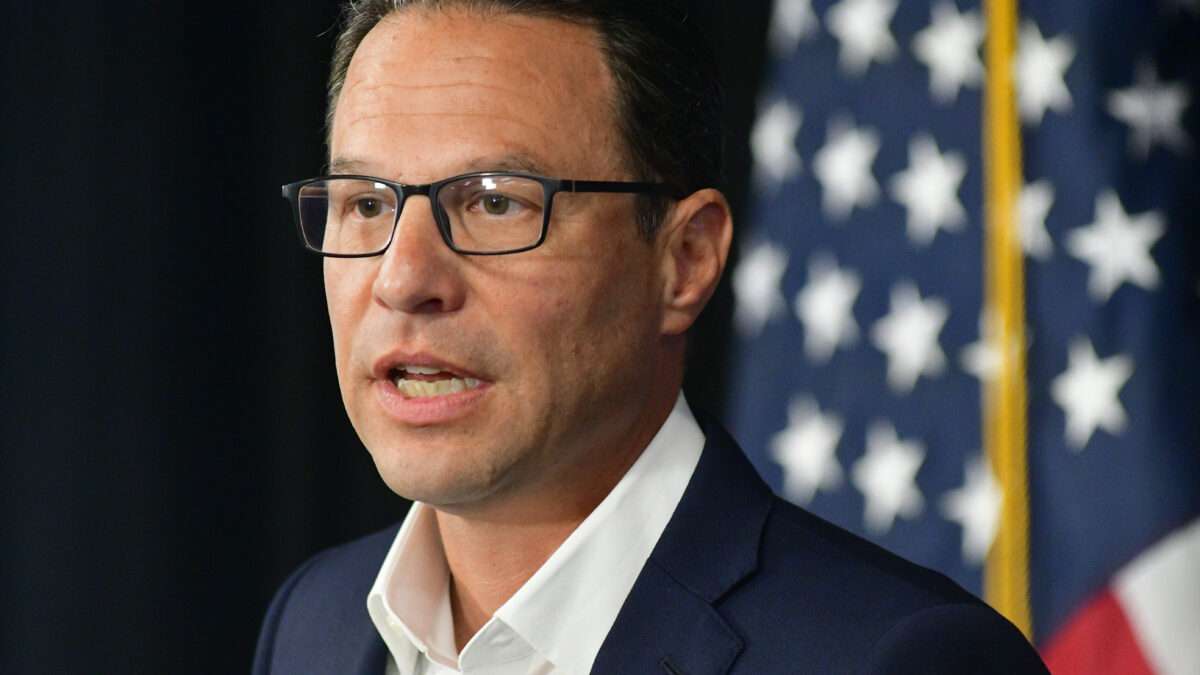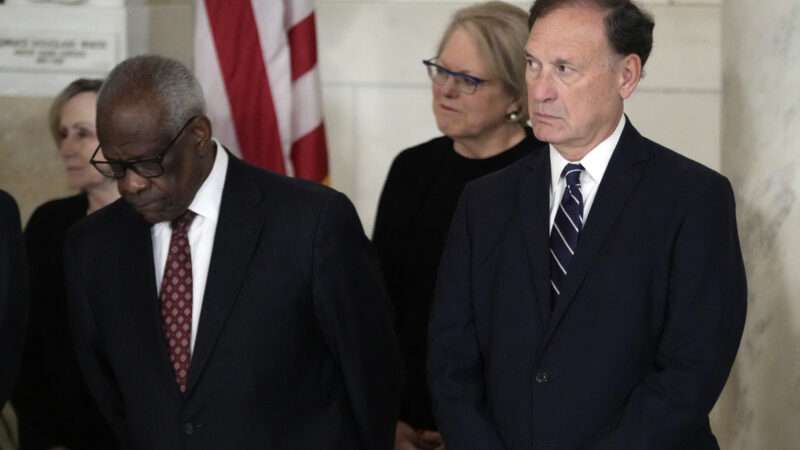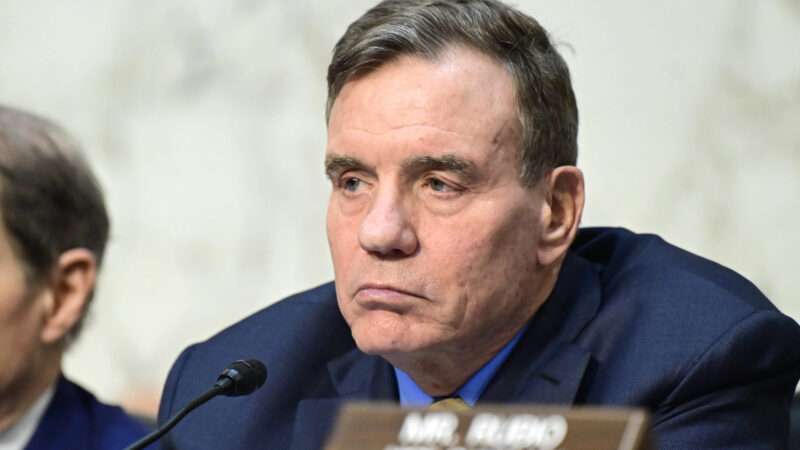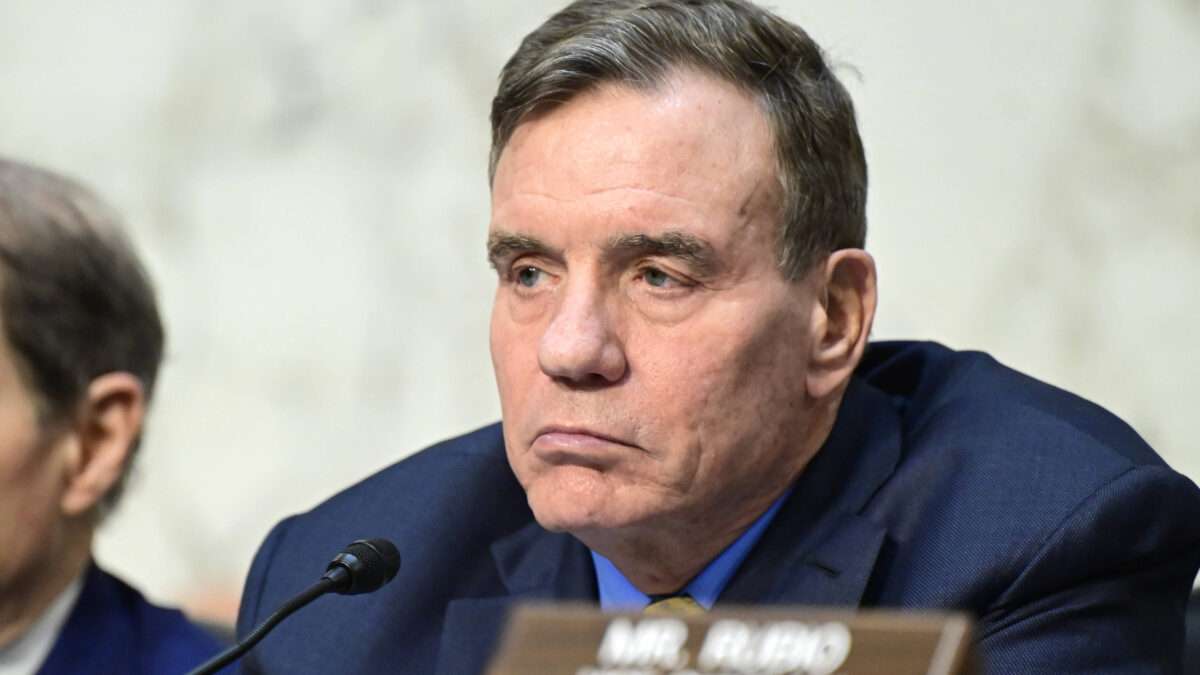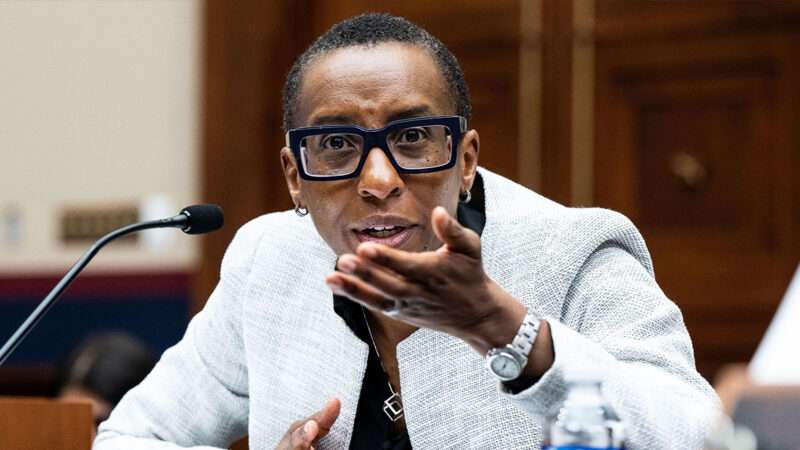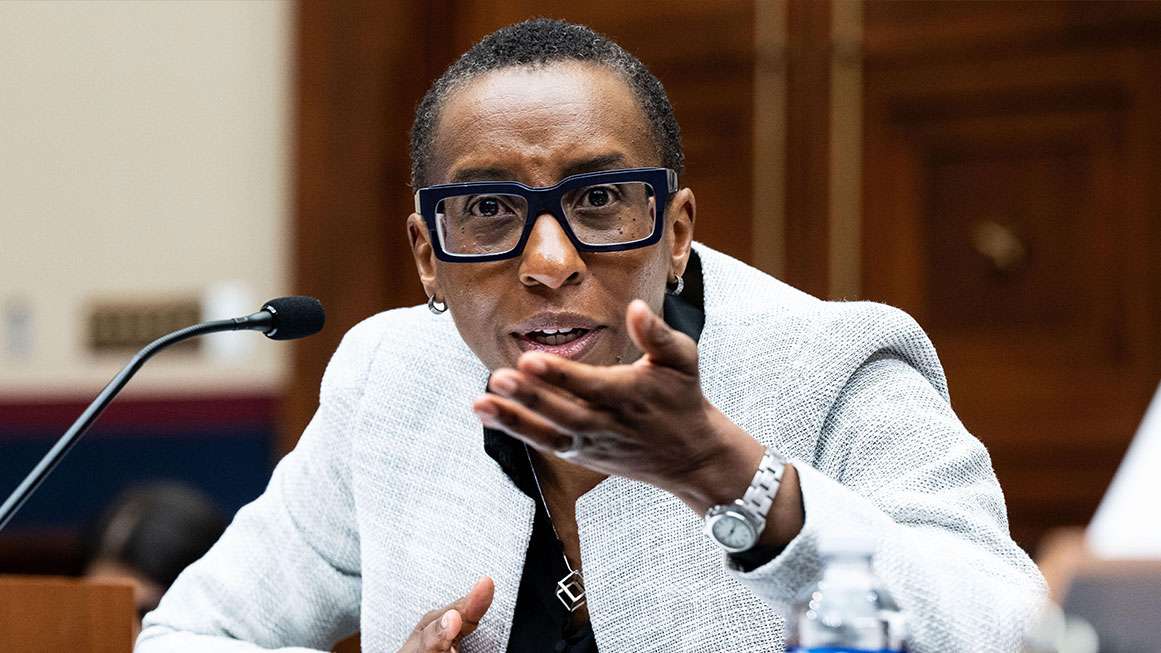Josh Shapiro Is Kamala Harris' Best Bet for Veep
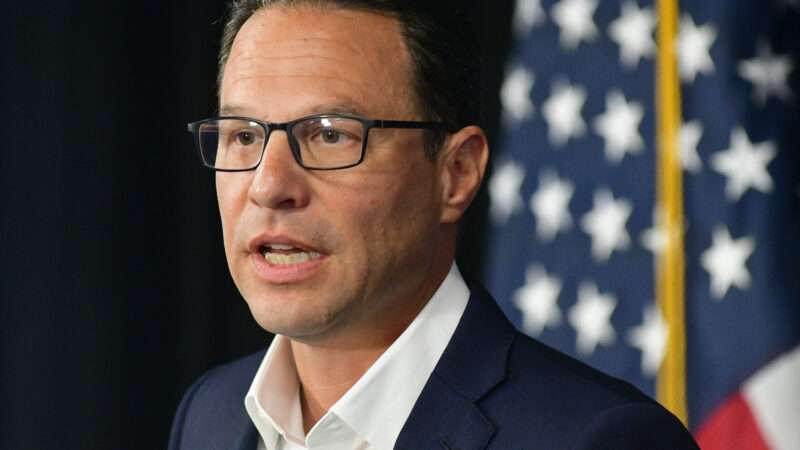
Vice President Kamala Harris is expected to announce her running mate next week. She is reportedly considering several governors who theoretically appeal to moderate voters in the swing states: Pennsylvania Gov. Josh Shapiro, Minnesota Gov. Tim Walz, and Kentucky Gov. Andy Beshear. Arizona Sen. Mark Kelly and Transportation Secretary Pete Buttigieg are also in the mix.
Which of these individuals would be best from a libertarian perspective is not as clear cut as it was on the Republican side, where North Dakota Gov. Doug Burgum was obviously better than the alternatives. (Unfortunately, former President Donald Trump selected Ohio Sen. J.D. Vance, whose distinguishing feature is his contempt for libertarian economic policies.) Nevertheless, it's possible to parse them.
First, the national figures. Unlike the other names on the list, Buttigieg is actually a member of the current administration and has been responsible for implementing federal policies. Unfortunately, his tenure as Transportation secretary will not be remembered as particularly libertarian. While he has signaled openness to tearing down bureaucratic "barriers" in the wake of transportation-related disasters, he has not made any serious attempts to grapple with said bureaucracy. On the contrary, when things have gone wrong, he has reserved most of his ire for private companies like Southwest Airlines and Norfolk Southern, rather than the outdated and meddlesome regulators who make their jobs more difficult.
Buttigieg comes across as a technocrat rather than a progressive: He appears to believe that smart, capable people like himself should run the government and make things more efficient. When he pursued the presidency in 2020, liberal news site Vox described him as a "product of the meritocracy" and did not intend it as a compliment. He enrages the left, but this does not make him a friend to liberty, amusing though it is. His foreign policy views also seem somewhat more hawkish than other standard-issue Democrats, which is not an improvement.
Then there's Kelly. As an astronaut and the husband of former Rep. Gabby Giffords (D–Ariz.)—who was grievously wounded after being shot in the head by a deranged gunman—he is certainly an inspiring figure. However, his political positions are mostly in line with his party. He has voted in support of President Joe Biden's approved policies 95.5 percent of the time. On energy and environmental issues, he has deviated from the progressive wing of the party: He opposes the Green New Deal and has voted in favor of increased oil drilling in the Gulf of Mexico. On the other hand, he is one of the more outspoken Democrats on gun control.
Arizona's U.S. senators have tended to be more individual-minded, bipartisan, and independent: see Kyrsten Sinema. For those reasons, Kelly might be slightly preferable to some of the other options.
Now for the governors. Walz and Beshear were both elected in 2018 and thus have longer records than Shapiro, who became governor of his state just last year. Alas, their tenures are not particularly inspiring, as both of them overlapped with the COVID-19 pandemic—providing an opportunity to implement policies that were anathema to liberty.
Walz implemented many of the same heavy-handed, liberty-infringing mitigation policies as other blue state governors; he also maintained a government hotline for people to call and report their neighbors for violating social distancing rules. When Republicans complained about it, he replied: "We're not going to take down a phone number that people can call to keep their families safe." This alone should be disqualifying.
For his part, Beshear attempted to keep lockdowns, mask mandates, and school closures in place—well into the pandemic. In fact, he reimposed masks on public school students in August 2021, saying, "We are to the point where we cannot allow our kids to go into these buildings unprotected, unvaccinated and face this delta variant." This is also disqualifying.
It's nice that Walz and Beshear are supportive of legalizing, or at least decriminalizing, marijuana. But it's hard to look past the whole wrestling-masks-onto-5-year-olds thing. The best thing to be said for them is that they are not Michigan Gov. Gretchen Whitmer.
That leaves Shapiro, who has had mercifully less time in office to do things that would offend libertarians. To his credit, he has supported several encouraging initiatives. One of his first actions after taking office was to eliminate the college degree requirement for government jobs. He also made some small progress on reforming the state's occupational licensing system. He is a supporter, to a degree, of school choice; he ultimately vetoed a voucher bill after facing significant pressure from teachers unions, however.
Given how popular he is in Pennsylvania—a must-win state for Harris—Shapiro has emerged as the likeliest veep pick in recent days. Like Buttigieg, Shapiro seems to make the far-left very upset: The New Republic called him "The One Vice Presidential Pick Who Could Ruin Democratic Unity." While that sounds entertaining enough, the main knock on him from the left is that he harshly condemned the recent pro-Palestinian protests on college campuses and is vocally supportive of Israel. For libertarians who would like to see the U.S. become less involved in Middle Eastern affairs and stop spending American tax dollars on costly foreign wars, these are reasonable concerns.
At the same time, it's hard to imagine Vice President Shapiro steering a markedly different course on foreign policy than any of the other options; on most other issues, he is slightly better. All this contributes to a weak—very weak—libertarian preference for Shapiro.
The post Josh Shapiro Is Kamala Harris' Best Bet for Veep appeared first on Reason.com.
